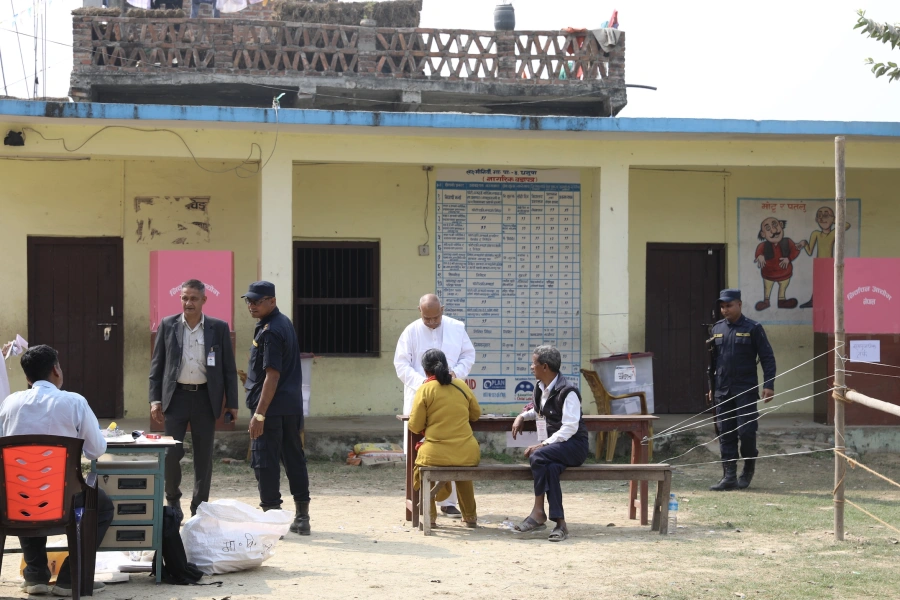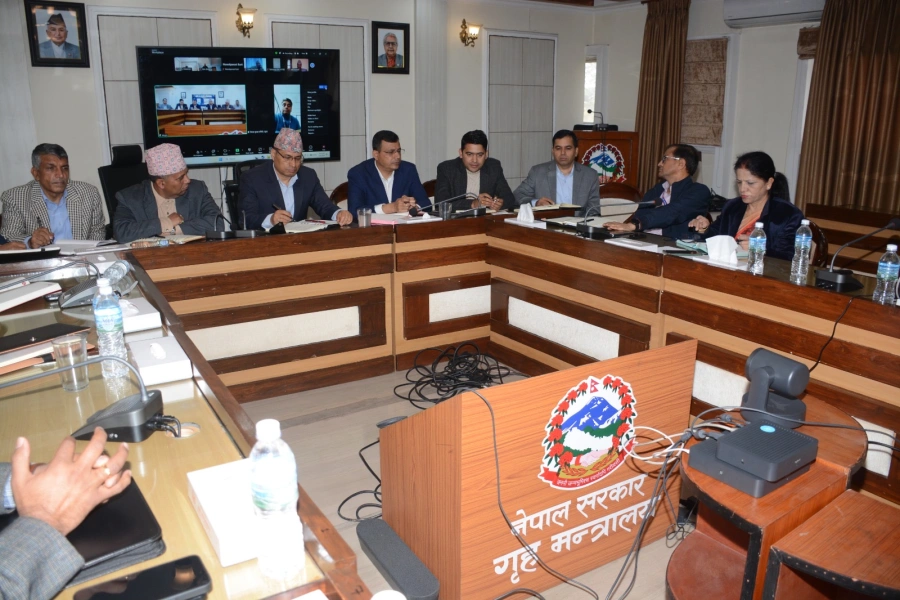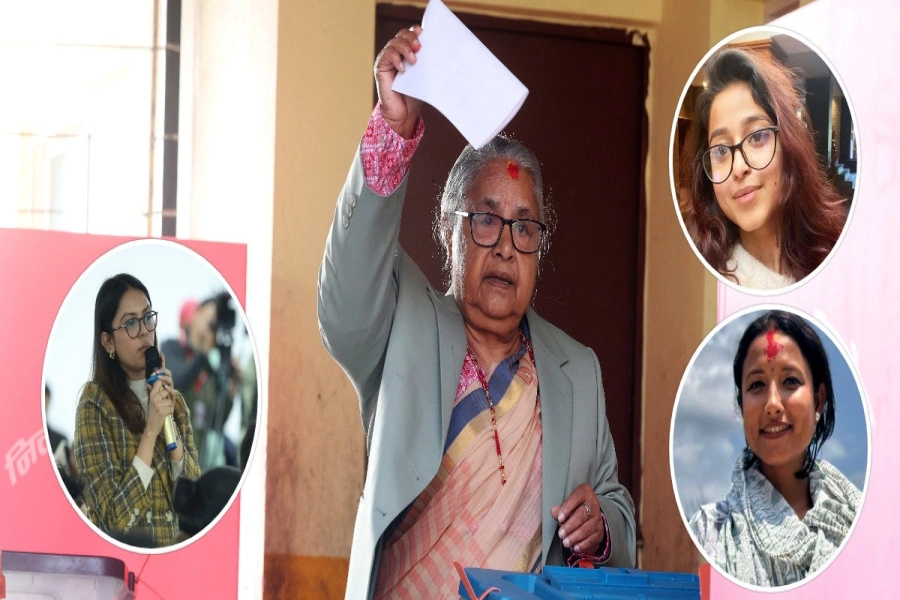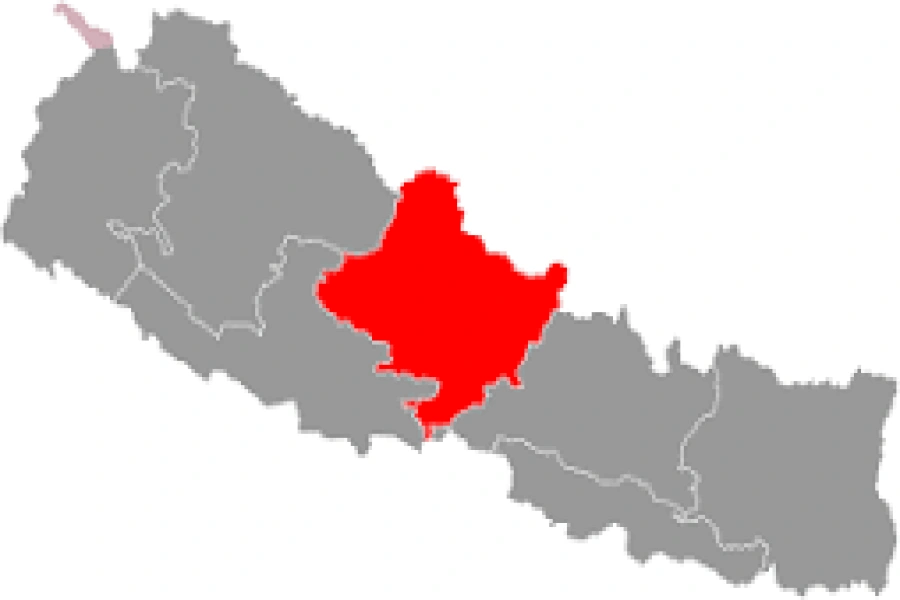Kathmandu Metropolitan City (KMC) Mayor Balen Shah, popularly known as Balen, has taken a noble initiative to provide shelter to stray animals. This pioneering initiative aims to address the longstanding issue of stray cattle wandering on the streets, often neglected, starved, and exposed to risks of accidents. The decision to provide sanctuary for these helpless animals in a shelter known as the 'Kanji House' in Kopugaun, Dakshinkali Municipality-7, is a testament to KMC's commitment to animal welfare and civic responsibility. This is a welcome initiative, considering that the presence of stray cattle on the streets has been a longstanding concern in Kathmandu. These innocent creatures are left to fend for themselves, struggling to find food, water, and medical care when needed. Their predicament not only symbolizes a moral failure but also escalates the risk of road accidents, endangering both human and animal lives.
In an announcement made on social media, Mayor Balen expressed his concern for these vulnerable creatures and the need for their proper care. He noted, "Stray cattle are left starved. They do not have access to drinking water and medical care when needed. In addition to this, their presence on the streets has increased the risk of road accidents. So we have decided to manage them at the Kanji house." The 'Kanji House' in Kopugaun is set to become a safe haven for stray cattle, offering them sustenance, shelter, and medical attention, a prospect that was previously a distant dream for these innocent beings. Mayor Balen's move showcases not only empathy but also a commitment to responsible governance and a deep understanding of the pressing issues facing the community. The purchase of 10 metric tons of silage to provide proper nutrition for the stray cattle demonstrates that the welfare of these animals is not taken lightly. Additionally, hiring two dedicated workers on a daily basis to provide care and attention to the cattle underlines KMC's commitment to the cause.
SAW teams up for stray animal welfare

The 'Kanji House' initiative has far-reaching benefits beyond the immediate care of stray cattle. It sets a precedent for other regions and cities to follow, promoting humane solutions to the issues surrounding stray animals. As more cities and municipalities adopt similar practices, we can collectively work towards creating a society that values compassion and responsibility towards all living beings. Furthermore, the 'Kanji House' initiative aligns with global trends in animal welfare, emphasizing the importance of ethical and responsible treatment of animals. As a newspaper, we recognize the decision by Kathmandu Metropolitan City to manage stray cattle by establishing the 'Kanji House' in Dakshinkali is a commendable act of compassion, responsibility, and foresight. It is a significant step towards creating a more humane and harmonious urban environment, demonstrating that the welfare of animals is an integral part of good governance and societal values. We commend Mayor Balen and all those involved in this initiative, and we hope it paves the way for similar initiatives across the country, fostering a society that values the well-being of all its inhabitants, human and animal alike.






































